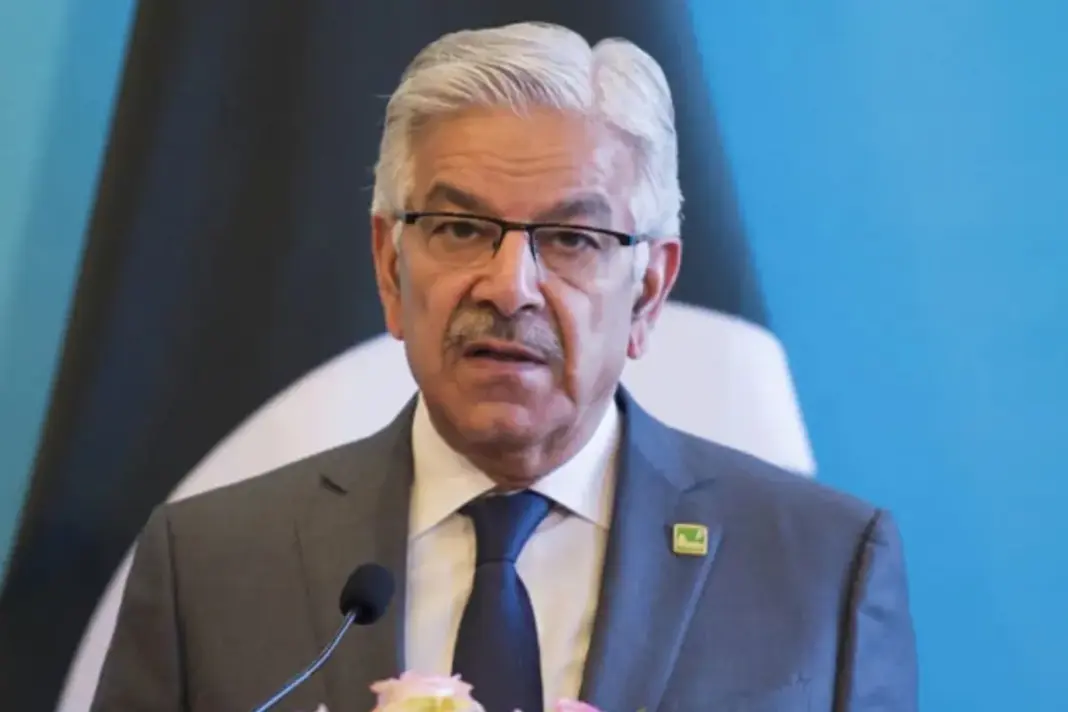Tensions between India and Pakistan mounted again as Pakistan’s Defence Minister Khawaja Asif gave a sharp response to the recent remarks by the Indian Army Chief. In a fiery statement, Asif accused India of trying to “provoke” Islamabad and claimed that Pakistan was being painted into a corner despite being the one, according to him, under constant pressure from terrorism allegations.
A Heated Reaction After Army Chief’s ‘Dare’ to Pakistan
This controversy started right after the Indian Army Chief categorically said that the Indian Army was “fully prepared to respond to any provocation from across the border.” Though not naming Pakistan directly, his message was loud and clear: India is not going to wait if its security is threatened.
Khawaja Asif seized on these remarks, calling them an “empty dare.” He went further to say that Pakistan was being labelled a “terrorist state in terror” and pushed the narrative that India was trying to dominate the regional security discourse.
DON'T MISS
Warning from Asif: “War Is Not a Joke”
Asif stated that Pakistan “does not aspire to a war” but “is not scared of one if provoked.” He reiterated that any war between two countries with nuclear weapons would be catastrophic.
“It’s not a joke,” he said, commenting that both sides have to restrain themselves and take responsibility. He claimed that India has “militarised the region” and “flared tensions for political gain”.
India’s Maintained a Strong Stance against Cross-Border Terror
On the other hand, the defence establishment in India has a consistent narrative; terror and talking cannot go together. Officials in New Delhi argue Pakistan has not decisively acted against cross-border terror. India has therefore grown a hard stance militarily in recent years.
Veteran security analysts, who spoke to the ETC, say that the Indian Army Chief’s comment is not unexpected from him; it is restating India’s stance — that there will be a response to any attempt to infiltrate or terror provocations.
Political Temperature Rising Again
Khawaja Asif’s reaction has triggered renewed political heat in Islamabad, where opposition parties accuse him of “inflaming rhetoric instead of focusing on diplomacy.” In India, the comments have been dismissed as “predictable posturing.”
What This Means Going Forward
While both sides exchange sharp words, most experts believe neither country wants a full-scale conflict. The statements, however, reflect a deeper pattern — mistrust, political signalling, and an increasingly shrinking space for dialogue.
For now, the border remains tense, the political temperature high, and both nations watch each other closely — with the hope that war stays only in words, not reality.



